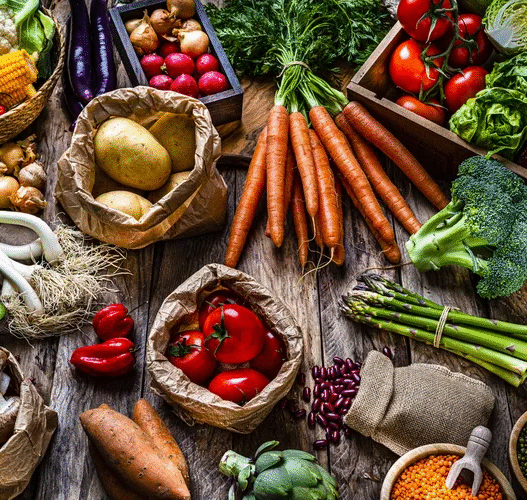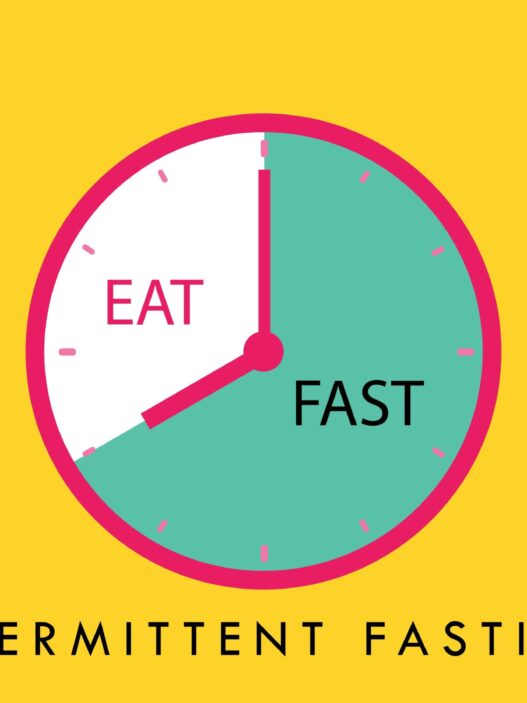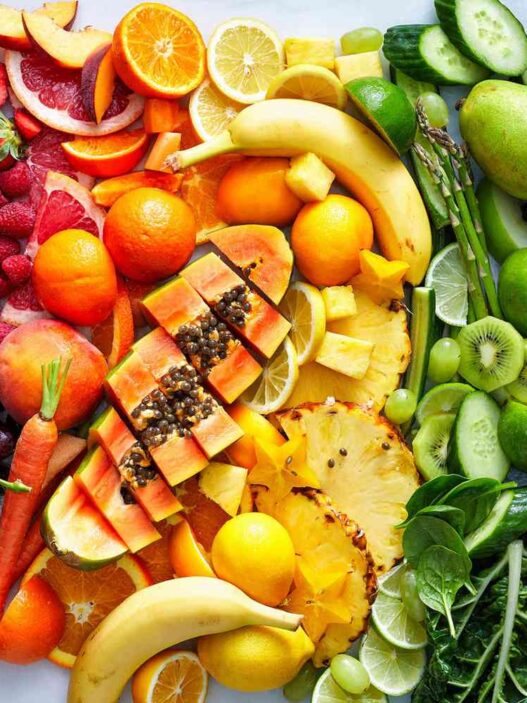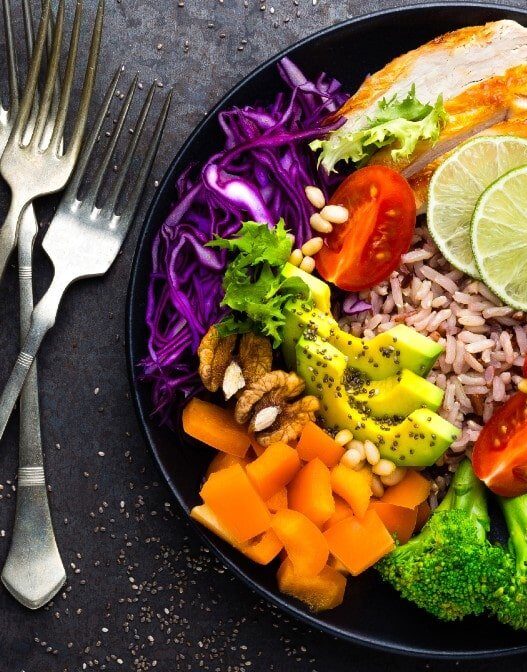In today’s time, where ready to eat and processed foods are more convenient to use and eat, as they save a lot of time but these are not good in that they do not provide proper nutrition the body truly needs.
That’s where the whole foods diet comes as they are eaten in their natural and unprocessed foam. The concept of a whole foods diet is all about fueling your body with nutrient dense food that provides health, energy and proper well-being.
What Is A Whole Foods Diet?
The closest natural foam of diet taken is a whole food diet. This means enjoying fruits, vegetables, grains, legumes, seeds, nuts, lean protein, and healthy fats and avoiding highly processed foods packed with preservatives, additives or sugars.
Foods Included in Whole Food Diet
Here is a list of products that are included in whole food diet
- Fruits – apple, banana, mango, orange
- Vegetables – carrot, broccoli, spinach, sweet potato
- Whole grains – brown rice, whole wheat, oats, barley
- Proteins – egg, lean chicken, fish, beans, lentils
- Healthy fats – avocado, olive oil, walnuts
- Dairy or alternative – plain greek yogurt, unsweetened almond milk
- Seeds – chia, flax, pumpkin, sunflower
Whole Foods VS Processed Diet
If someone is preferring a processed food diet over a whole foods diet it means that person is taking sugary food, soda chips fast or oily food that means that person has more risk of getting obesity, heart diseases or diabetes.
As processed diets contain additives, high sodium, trans fats and refined sugars, they cause overeating due to low density high calorie food and low nutrient food and does not give us a feeling of fullness.
Scientific study highlights that ultraprocessed foods are directly linked with mortality rate and chronic diseases risks. So it is more beneficial to eat healthy and whole diet food that is nutritious and wholesome.

Benefits of Whole Food
As we know that the food that are more processed have less nutrition and is not good for health so here we have discussed what are the benefits of whole food diet
- Improve Heart Health – whole grains, legumes and nuts reduces LDL cholesterol and blood pressure. According to the American Heart Association, a diet high in whole food lowers the risk of cardiovascular diseases by 30%.
- Enhance Gut Health – prebiotic rich food such as oats, apples and beans improves gut microbiota that help in digestion and immunity.
- Support Healthy Weight Loss – high fiber food helps to increase satiety and reduce overeating that help to regulate appetite hormones.
- Lower Risk of Chronic Diseases – antioxidants and phytochemicals reduce oxidative stress, lower the risk of cancer, diabetes and inflammatory disorders.
- Stabilize Blood Sugar Levels – minimally processed carbs have low glycemic index, that help the body to maintain stable glucose and insulin level.
Risks of Whole Food Diet
A whole food diet gives many benefits but still it is challenging in some areas.
- Accessibility – fresh products and organic items may be more expensive and harder to find.
- Shelf Life – as compared to ready to eat food, a whole food diet takes time in preparation and their shelf life is very less.
- Shifting Adjustments – Shifting from high sugar, high salt processed foods can initially feel very odd to shift on it.
- Nutrients Gap – deficiency of vitamin B-12 specially in vegans may increase.
Swap for Whole Food Lifestyle
Swap soda with sparkling water with lemon.
- White bread with whole grain bread
- Packaged chips with homemade roasted chickpeas
- Sugary cereals with oats with fruits
- Swapping of processed salads dressings with lemon, olive oil and herbs
Supplements with Whole Food Diet
While taking whole food diet most of the nutrients are covered but some individuals need extra supplements to fulfill the nutritional gap:
- Vitamin B12 – for vegan or vegetarian
- Vitamin D – for people with less sun exposure
- Omega 3 – if fish intake is low
- Iron – people with anemia
Summary
The wholefood diet is a sustainable approach that nourishes the body, supports long term health and reduces chronic disease risk as compared to processed food diets.
While it requires planning and effort, it is the most beneficial way to be healthy. By starting a structured and proper whole diet meal plan, and prioritizing fresh or minimally processed foods, a person can easily transform its unhealthy eating habits into healthy ones.

















